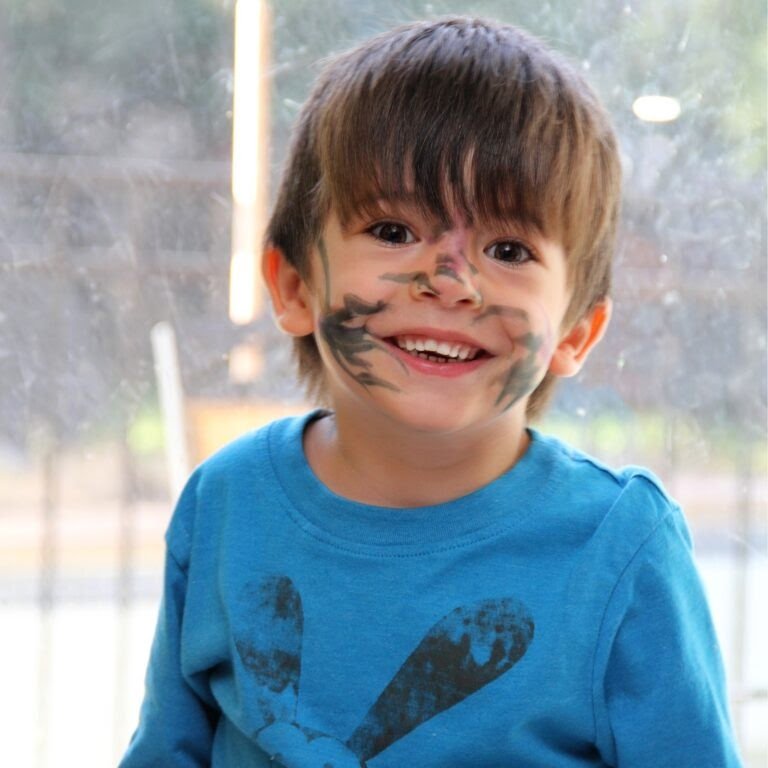CHILD PSYCHIATRIC PROBLEMS

CHILD PSYCHIATRIC PROBLEMS
Psychiatric disorders among children can cause serious changes in the way children behave, learn,or handle their emotions, which cause distress and problems getting through the day.
Behavior or Conduct Problems in Children :
Sometimes Children are aggressive, angry or defiant around adults. It is diagnosed when these behaviors seem inappropriate; these behaviors involve acting out and showing unwanted behavior. A behavior disorder may be diagnosed when these disruptive behaviors are uncommon for the child’s age and persist over time, or are severe.
Oppositional Defiant Disorder
Oppositional Defiant Disorder (ODD) usually starts before 8-12 years of age. Leading to serious problems at home, in school, or with peers. Children with ODD are more likely to act oppositional or defiant around people they know well, such as family members, a regular care provider, or a teacher.
Examples of ODD behaviors include :
Often being angry or losing one’s temper
Often arguing with adults or refusing to comply with adults’ rules or requests
Often resentful or spiteful
Deliberately annoying others or becoming annoyed with others
Often blaming other people for one’s own mistakes or misbehavior
Conduct Disorder
Conduct Disorder (CD) is diagnosed when children show an ongoing pattern of aggression toward others, and serious violations of rules and social norms at home, in school, and with peers. These rule violations may involve breaking the law and result in arrest. Children with CD are more likely to get injured and may have difficulties getting along with peers.
Examples of CD behaviors include
Breaking serious rules, such as running away, staying out at night when told not to, or skipping school
Being aggressive in a way that causes harm, such as bullying, fighting, or being cruel to animals
Lying, stealing, or damaging other people’s property on purpose
Treatment for disruptive behavior disorders
Starting treatment early is important. The first step is to meet a psychiatrist ,where a comprehensive evaluation needed to get the right diagnosis. For younger children, the treatment with the strongest evidence is behavior therapy training for parents, where a therapist helps the parent learn effective ways to strengthen the parent-child relationship and respond to the child’s behavior. For school-age children and teens, an often-used effective treatment is a combination of training and therapy that includes the child and the family.
